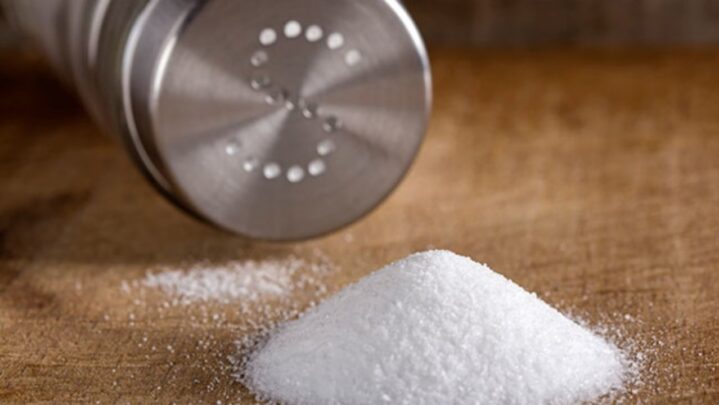Sodium is an electrolyte that aids in the regulation of fluid levels in the body. It’s also necessary for the efficient functioning of your muscles and nerves. Hyponatremia is a serious illness that develops when you don’t get enough sodium in your diet or if you lose too much salt owing to certain health conditions including dehydration from severe diarrhoea or vomiting.
Include items that are naturally high in salt in your diet.
Some foods have a higher sodium content than others. Consuming more of these foods can aid in the maintenance of a healthy sodium balance. Many of these foods, such as sauerkraut, have additional health benefits, such as aiding digestion. Some good dietary sources of sodium include Tomato sauce and other canned tomato products, Sour pickles, Instant mashed potatoes, Salted nuts, seeds, beans, peas, Sauerkraut, Jalapeno peppers, Canned vegetables, Salted fish, Eggs & Tofu.
Avoid foods that have been extensively refined or processed.
Even though these are often higher in salt, they also have higher sugar, fat, and calorie content. Avoid items like packaged cakes and cookies if you want to regulate your sodium levels in the healthiest way possible. Fast food that is greasy, such as pizza or burgers, Microwave dinners, heavily salted sausages or bacon, and potato chips
Caffeine and alcohol should be avoided.
Low sodium levels may be exacerbated by certain fluids. Both have the potential to produce electrolyte imbalances as well as serve as a mild diuretic (a substance that causes you to expel more water and salt from your body).
Coffee, tea, and energy drinks are among the caffeinated beverages to avoid. Caffeine may be present in bottled juices or sports drinks that promise a “boost in energy.”
Although it’s typically fine to drink alcohol on occasion, if you have low sodium levels and are having trouble managing them, you should avoid it.
Also Read: Surprise Gifts To Mini-Break From Socials: Here’s How You Keep Your Marriage Long Lasting





